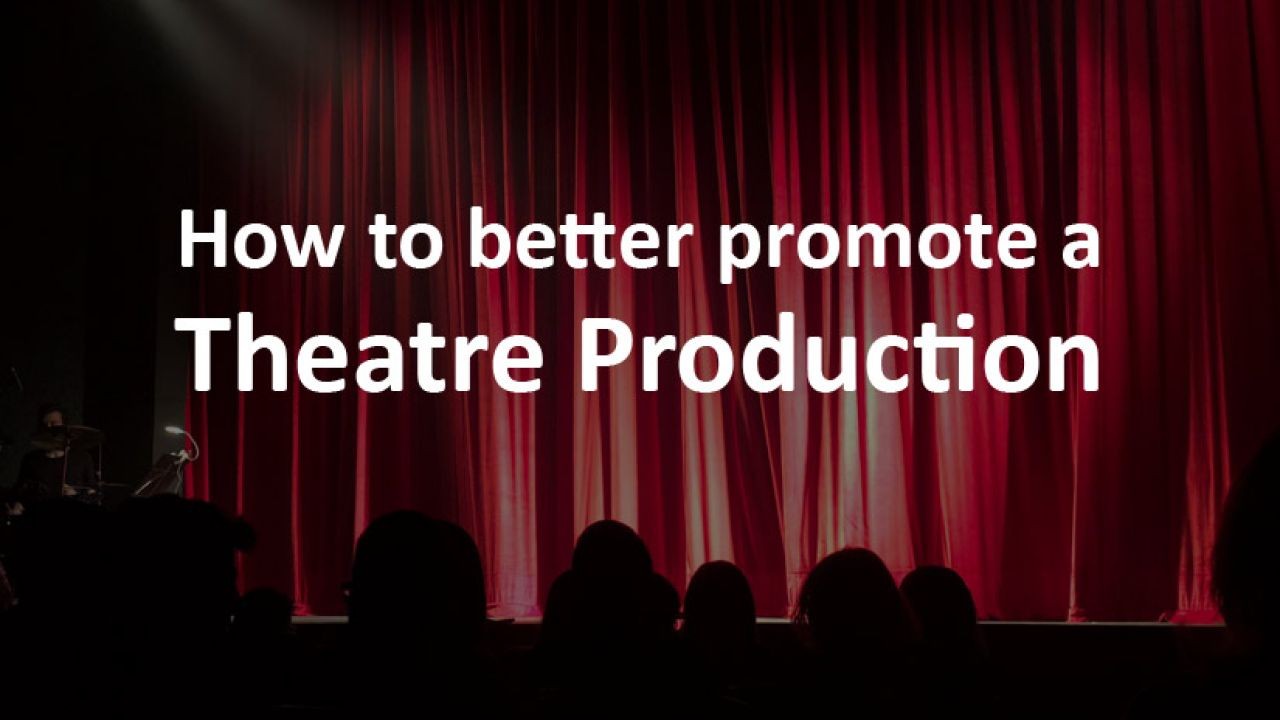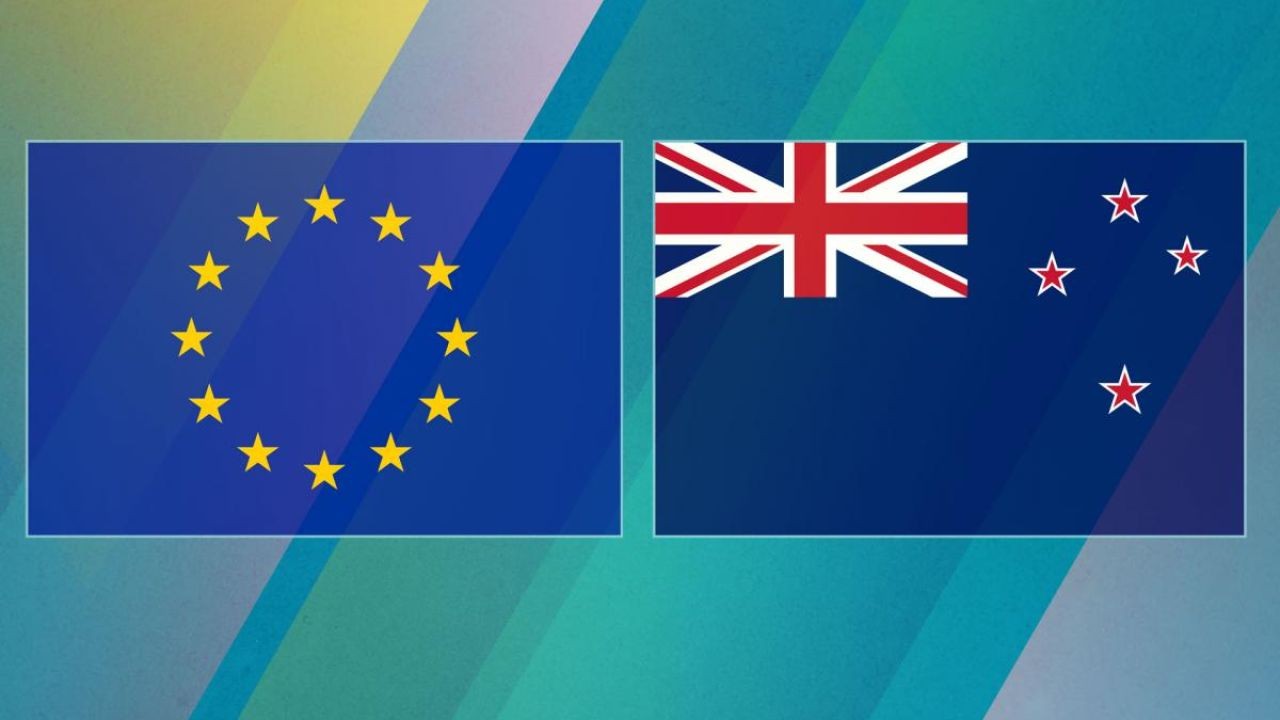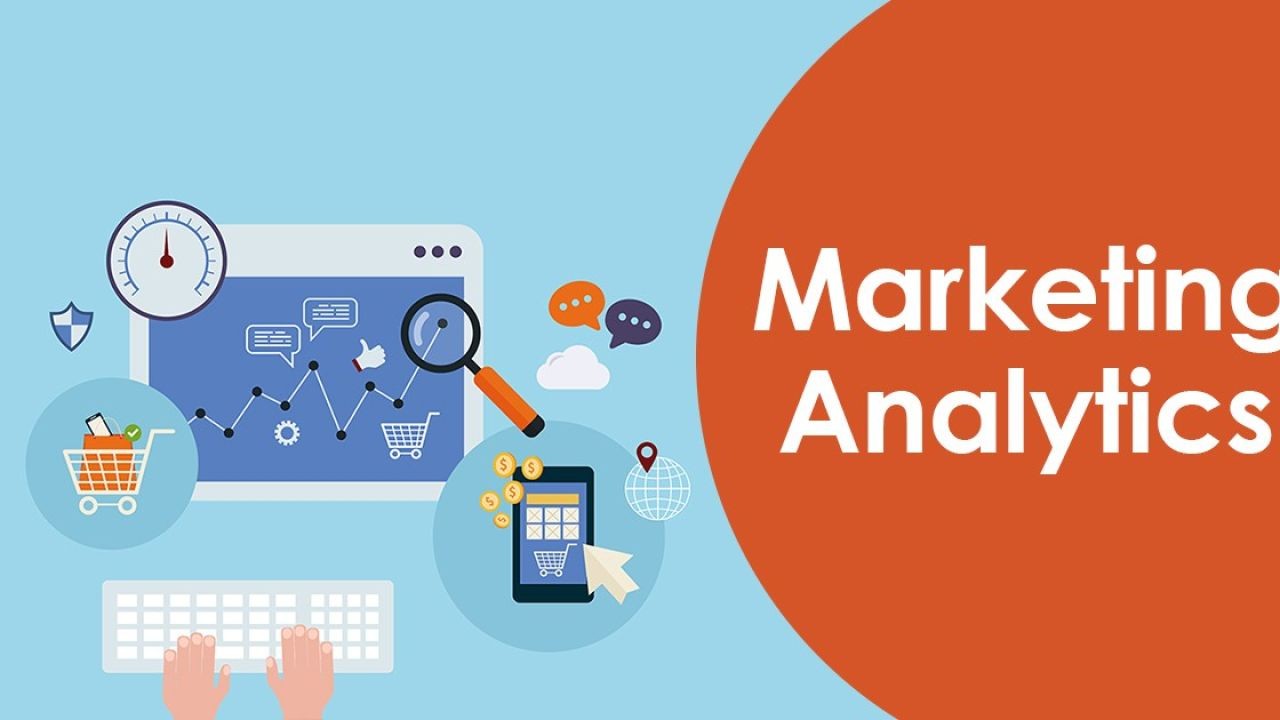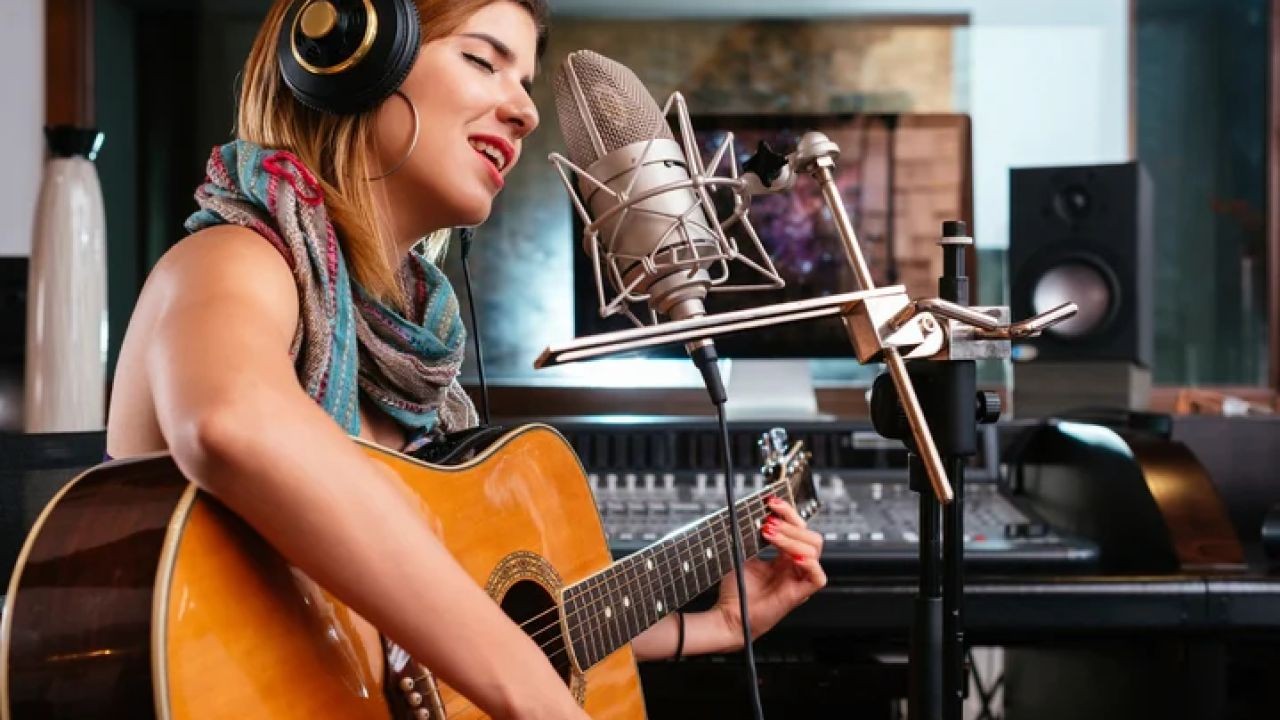In the heart of the Pacific, New Zealand's youth are at the forefront of a digital revolution. With more than 50% of Kiwi youth engaging with social media daily, this trend is not just a reflection of global digital behaviors but a unique phenomenon driven by local nuances and opportunities. This article delves into the implications of this trend, examining its impact on New Zealand's economy, social structures, and future technological landscape.
Understanding the Kiwi Social Media Surge
The increased engagement of New Zealand's youth on social media presents both opportunities and challenges. According to Stats NZ, over 60% of Kiwis aged 15-24 are active on platforms like Instagram, Snapchat, and TikTok, spending an average of 2.5 hours daily. This behavior is influenced by the country's high internet penetration rate and the youthful demographic's inclination towards digital connectivity.
The Economic Ripple Effect
New Zealand's economy is significantly influenced by this digital engagement. The Ministry of Business, Innovation, and Employment (MBIE) reports that social media-driven businesses contribute approximately NZD 1.5 billion annually to the nation's GDP. Additionally, local companies that leverage social media for marketing and consumer engagement see a 25% increase in sales on average.
Case Study: Kiwi Startups and Social Media Success
Consider the story of Kiwi Threads, a New Zealand-based clothing startup that used Instagram to build its brand. Initially struggling with brand recognition, Kiwi Threads invested in a strategic social media campaign, targeting fashion-conscious youth. This approach resulted in a 40% increase in online sales within six months, demonstrating the power of social media in reaching and engaging the Kiwi market.
The Pros and Cons of Social Media Dominance
Pros
- Enhanced Connectivity: Social media fosters communication and networking among youth, bridging geographical barriers.
- Business Growth: Companies tapping into social media trends can see significant boosts in brand awareness and sales.
- Platform for Expression: Young Kiwis use social media to express creativity and share opinions, contributing to cultural dialogues.
- Learning Opportunities: Educational content on platforms like YouTube and TikTok offers accessible learning resources.
Cons
- Mental Health Concerns: Increased screen time and exposure to unrealistic standards can impact youth mental health.
- Privacy Risks: The potential for data breaches and misuse of personal information is a growing concern.
- Distraction from Studies: Excessive use of social media may detract from academic focus and productivity.
- Cyberbullying: The anonymity of social media can facilitate bullying, affecting youth well-being.
Debunking Common Myths about Social Media Usage
Let's address some misconceptions surrounding social media use among New Zealand's youth:
- Myth: Social media leads to isolation.
- Reality: While excessive use can foster isolation, studies show that when used responsibly, social media enhances social connections and support networks.
- Myth: Only influencers benefit from social media.
- Reality: Social media provides a platform for all users to share ideas, learn, and even start businesses, not just influencers.
- Myth: Social media is a waste of time.
- Reality: When used strategically, social media can be a powerful tool for learning, networking, and career development.
Future Trends: The Digital Evolution
As we look to the future, social media's role in New Zealand will continue to evolve. By 2028, it's projected that 85% of youth will engage in some form of augmented reality (AR) or virtual reality (VR) through social media platforms, paving the way for immersive educational and entertainment experiences. This shift will not only transform how content is consumed but also create new opportunities for businesses in entertainment and education sectors.
Final Takeaways & Call to Action
- Social media is a double-edged sword—leveraging its benefits while mitigating its risks is key for the youth of New Zealand.
- Businesses should harness social media trends to tap into the dynamic youth market, fostering growth and innovation.
- Parents and educators must guide youth towards responsible social media use, promoting balance and digital literacy.
Join the conversation: How do you think social media will shape New Zealand's future? Share your thoughts and experiences below!
People Also Ask (FAQ)
- How does social media impact businesses in New Zealand? NZ businesses leveraging social media report 25%+ higher customer retention, according to the MBIE. Adopting this strategy can enhance engagement and revenue.
- What are the biggest misconceptions about social media usage? One common myth is that social media leads to isolation. However, research from Stats NZ shows that it often enhances social connections when used responsibly.
- What are the best strategies for implementing social media in business? Experts recommend starting with audience analysis, followed by content strategy development, and ensuring engagement monitoring for long-term success.
- What upcoming changes in New Zealand could affect social media trends? By 2026, policy updates in digital privacy could shift the social media landscape—stay ahead by adopting ethical data practices.
- Who benefits the most from social media usage? Social media benefits businesses, educators, and individuals, making it a strategic focus for those aiming for increased engagement and knowledge sharing.
Related Search Queries
- Social media trends in New Zealand 2023
- Impact of social media on New Zealand youth
- Kiwi businesses leveraging social media
- Digital privacy laws in New Zealand
- Future of social media in New Zealand
- Social media mental health impact
- Augmented reality and social media
- Social media marketing strategies NZ
- New Zealand's digital economy
- Social media education resources
































San Antonio Ferrari
9 months ago